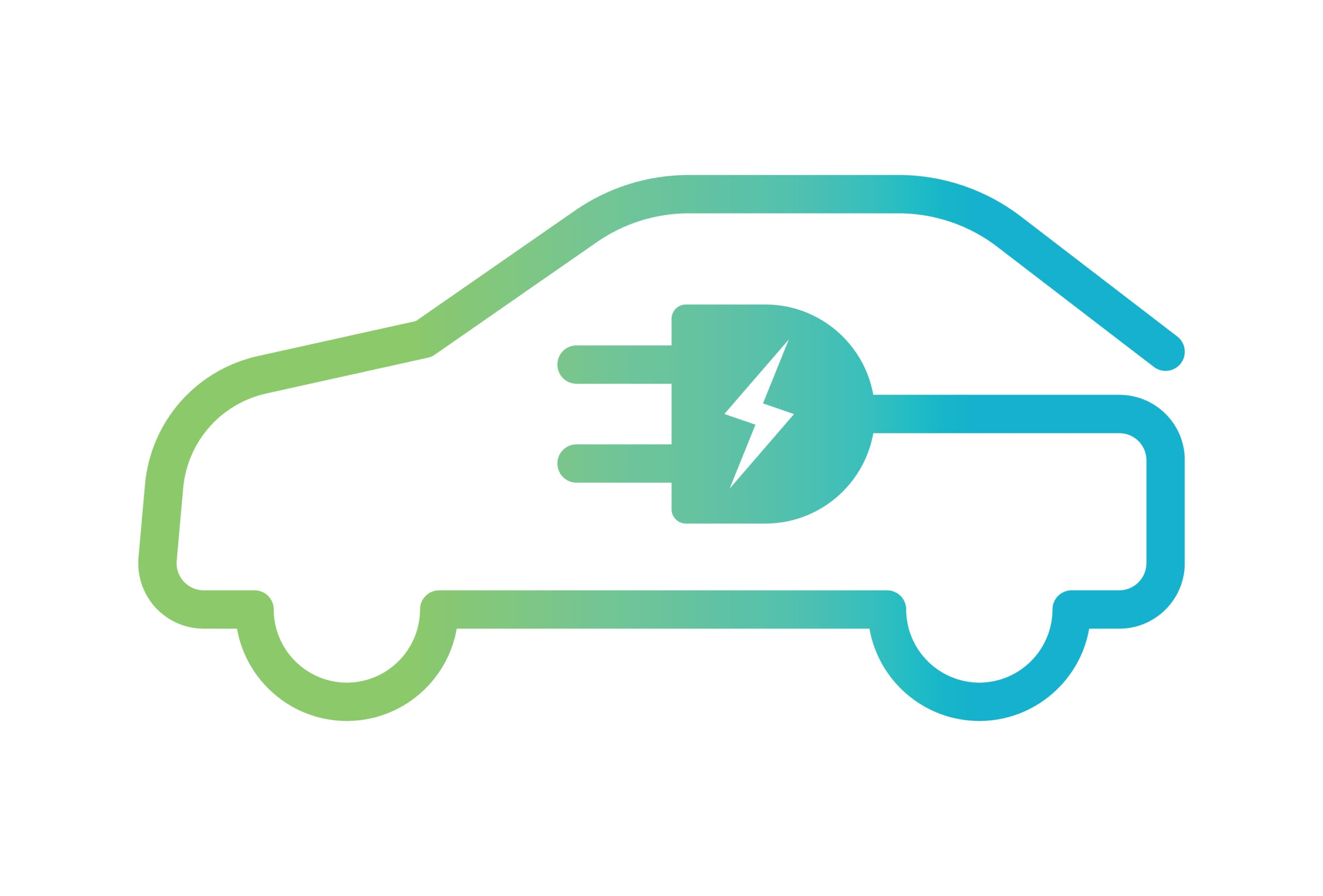
Researchers at Pennsylvania State University have made a significant breakthrough in electric vehicle battery design that enables a 10-minute charge time for a typical EV battery.
“The need for smaller, faster-charging batteries is greater than ever,” said Chao-Yang Wang, Professor of Mechanical Engineering at Penn State and lead author on the study. “There are simply not enough batteries and critical raw materials, especially those produced domestically, to meet anticipated demand.”
The team’s design breakthrough focuses on a novel method that regulates battery temperature, which is a necessary component in optimizing charging time and performance. Batteries operate most efficiently when they are consistently kept at the correct temperature. Currently, achieving this temperature stability relies on external, bulky heating and cooling systems, which respond slowly and are energy inefficient.
Wang and the team chose to attempt internal thermal modulation – where the temperature is regulated from inside the battery. They developed a new battery structure that adds an ultrathin nickel foil as the fourth component besides the anode, electrolyte, and cathode. Acting as a stimulus, the nickel foil self-regulates the battery’s temperature and reactivity, which allows for 10-minute fast charging on almost any EV battery.
The State College-based startup EC Power is now working on manufacturing and commercializing the fast-charging battery.
“Our fast-charging technology works for most energy-dense batteries and will open a new possibility to downsize electric vehicle batteries from 150 to 50 kWh without causing drivers to feel range anxiety,” said Wang. “The smaller, faster-charging batteries will dramatically cut down battery cost and usage of critical raw materials such as cobalt, graphite and lithium, enabling mass adoption of affordable electric cars.”
